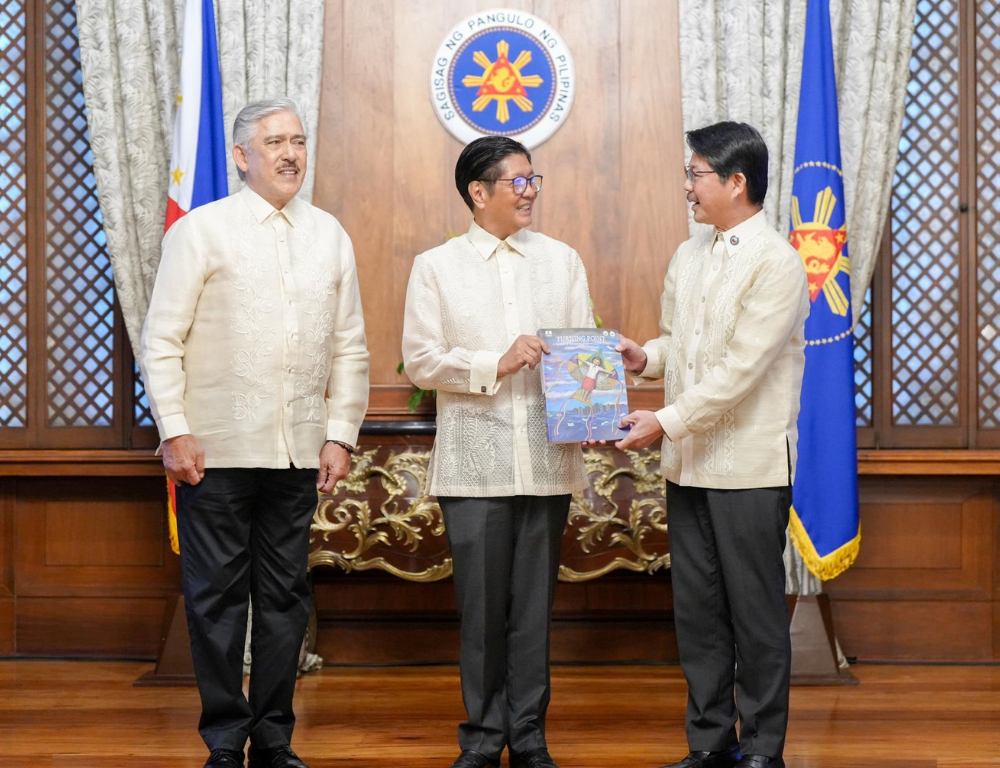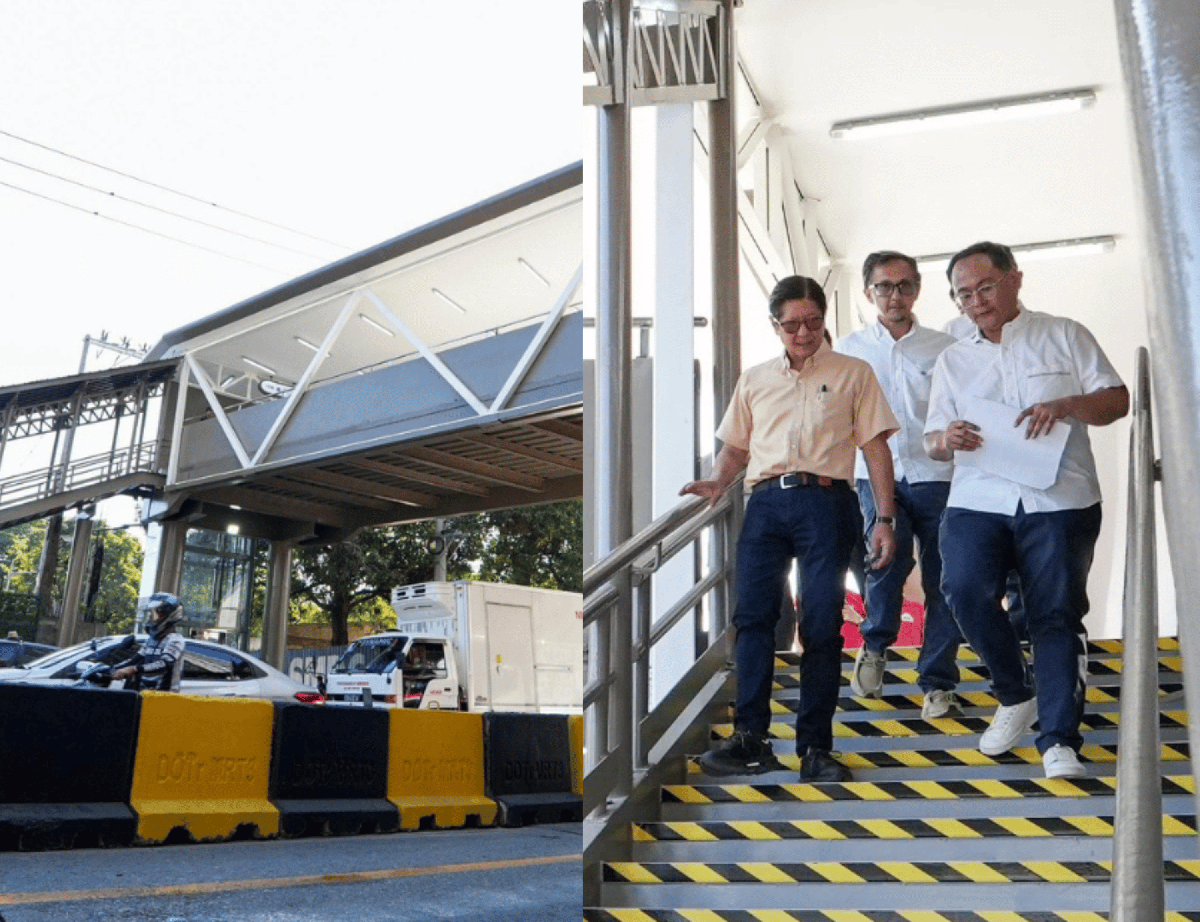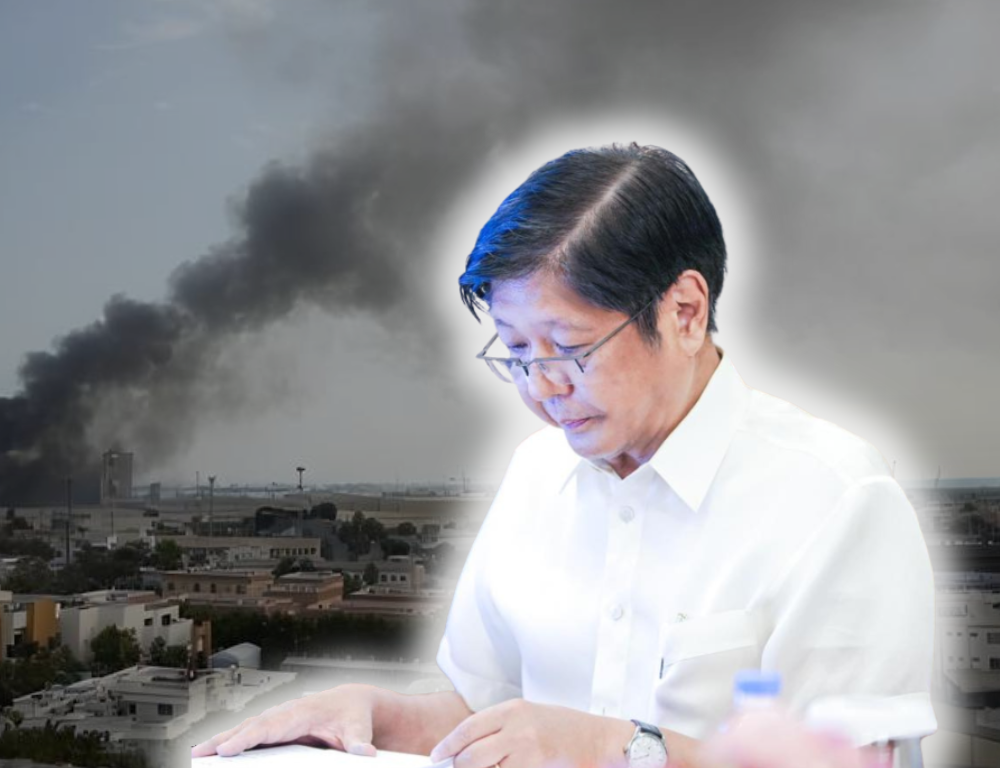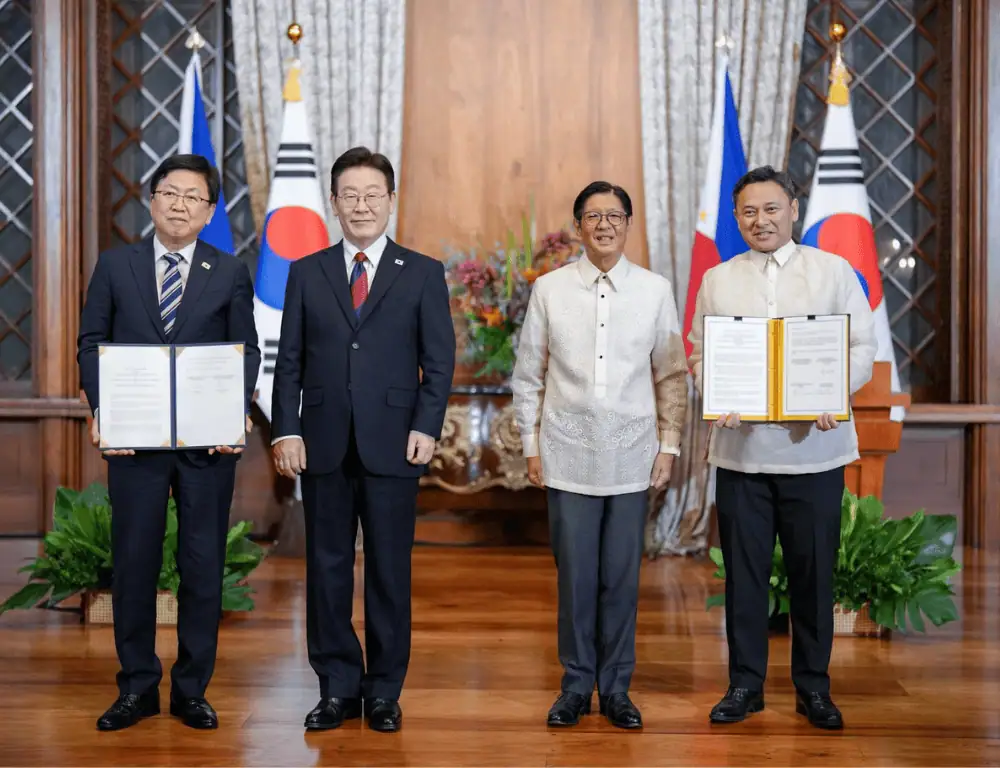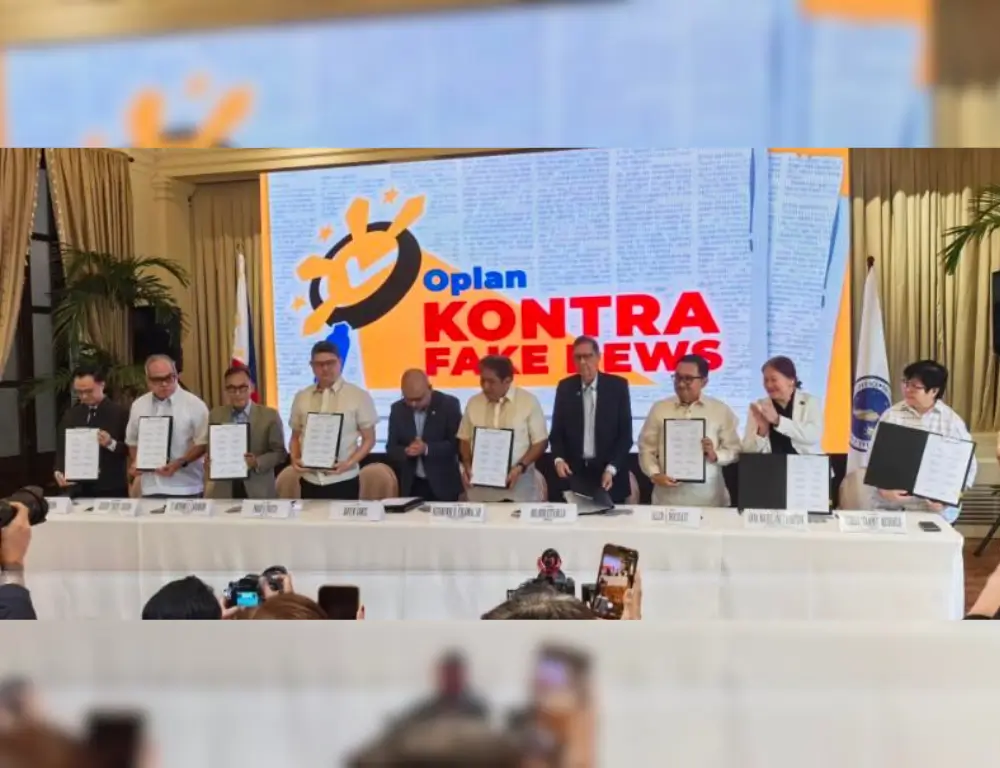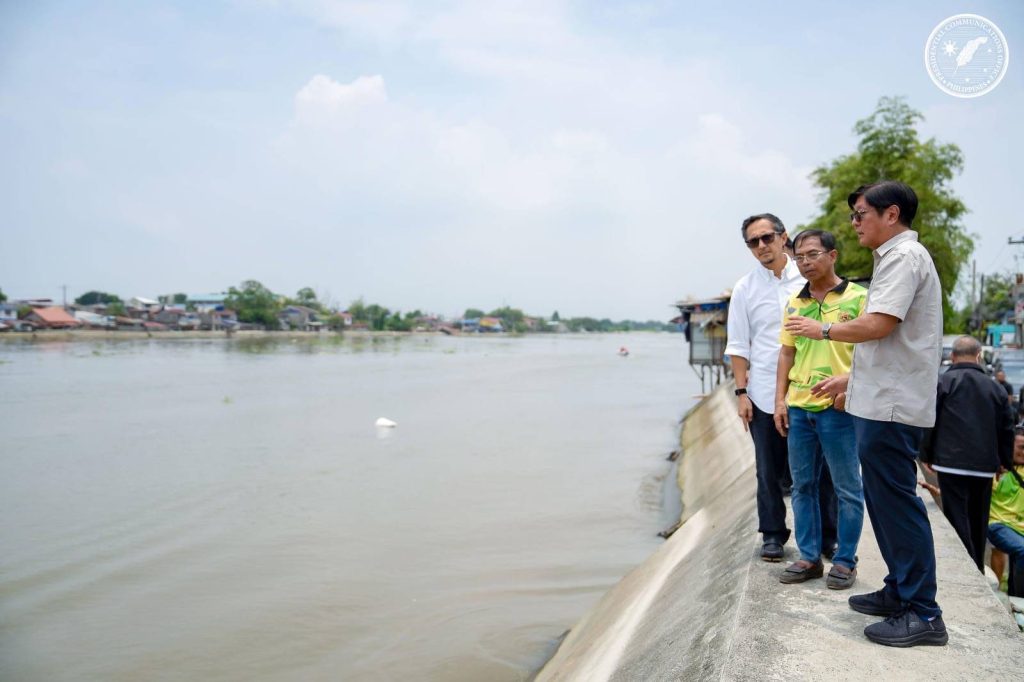
House Deputy Speaker Paolo Ortega V of La Union on Thursday welcomed President Ferdinand R. Marcos Jr.’s clear reminder that all investigations must be anchored on evidence, not speculation, saying the Chief Executive’s message sets the right tone for every official subjected to the ongoing flood-control inquiry.
“The President reminded everyone of a basic principle: cases must be filed on evidence, not on noise,” Ortega said. “That standard applies to all who are being mentioned in this issue. It is a timely reminder at a moment when accusations are circulating without documents or testimony to support them.”
Ortega stressed that the President’s position should guide the public as agencies continue their review. In the case of former Speaker Ferdinand Martin G. Romualdez, Ortega noted that the records of the Independent Commission for Infrastructure (ICI) consistently show no paper trail, no transaction, and no testimony linking him to any questionable project.
“Former Speaker Romualdez has already faced the ICI under oath. He submitted documents, answered every question, and made himself fully accountable. The agencies handling the review have full access to the records, and none points to his involvement,” Ortega said.
He emphasized that this approach—“provide evidence and we will file cases”—is the proper way to ensure accountability without weaponizing allegations.
“This is how institutions maintain credibility,” Ortega added. “Public service demands fairness. We cannot destroy reputations based on innuendo. We owe the public a process that is sober, factual, and rooted in due process.”
Ortega reaffirmed the House leadership’s full support for the administration’s reform agenda, saying the goal is to fix systems, not to fuel political narratives.
“We share the President’s commitment to safeguard public funds and strengthen oversight mechanisms,” Ortega said.
“That mission is bigger than personalities. It is about ensuring that taxpayers’ money is protected through transparent and institutional reforms,” Ortega said.
The only claim ever raised against Romualdez came from the tainted testimony of Orly Guteza, whose credibility collapsed after a Manila court confirmed that he had falsified the signature of the lawyer who supposedly notarized his sworn affidavit.
Guteza did not return to the Department of Justice (DoJ) to validate his allegations, despite being required to do so—a refusal that further undermined the integrity of his statements.
After appearing in the Senate, Guteza disappeared from public view and did not surface before the proper investigating bodies, leaving behind an affidavit already declared forged and falsified.
With no corroborating documents, no supporting testimony, and its lone source in hiding, the allegation rests on a narrative that fails even the most basic test of evidence. (END)






